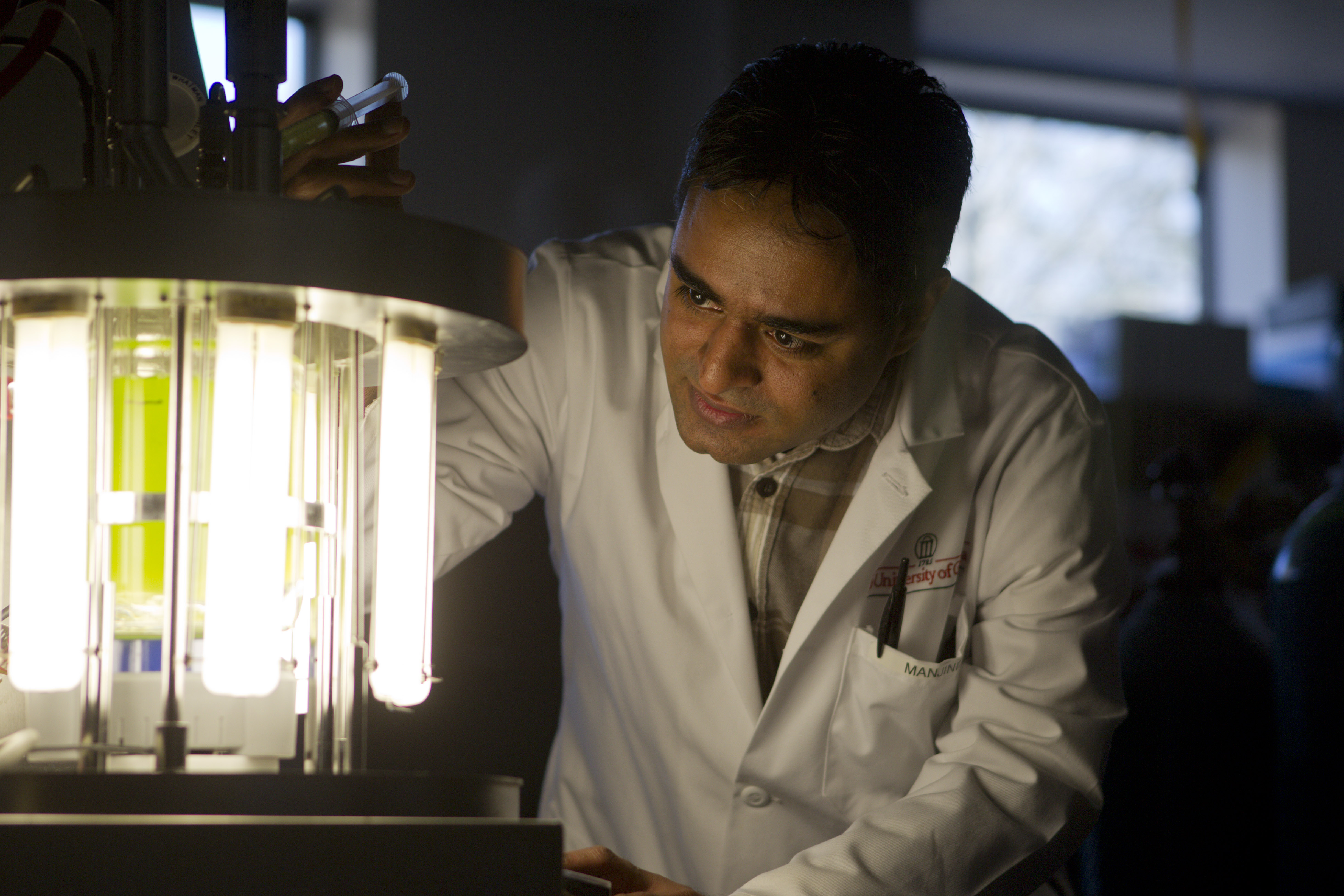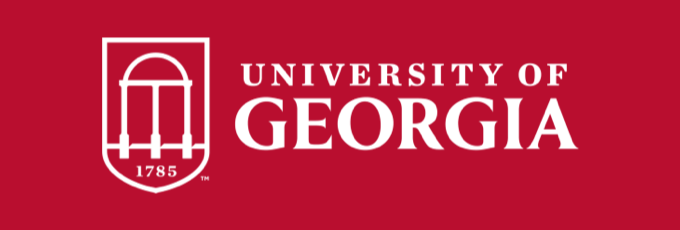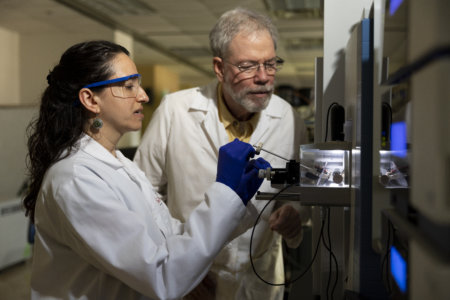Biomanufacturing is the common operation that links all the different sectors of the world’s biotechnology industry. Studying this field gives you an insight into a wide range of topics, from the large-scale production of liquid biofuels to the highly-regulated biopharmaceuticals and the range of activities and applications involved.
The University of Georgia’s (UGA) Master of Biomanufacturing and Bioprocessing (MBB) degree programme prepares students for leadership roles in the biotechnology industry, regulatory agencies, and research institutions. Here, students gain a comprehensive understanding of the principles and practices involved in the manufacturing and processing of biopharmaceuticals, biotherapeutics, and other bio-based products. The curriculum comprises rigorous scientific training, an understanding of engineering principles, case studies involving teamwork and real-world problem solving and professional communications opportunities.

Source: University of Georgia – School of Chemical, Materials and Biomedical Engineering
For Mason Locke, UGA’s MBB programme had all that he wanted.
“I wanted to learn more about the biofuels aspect, and I knew there weren’t many programmes that offered such a programme,” says Locke. “You either had to take a biology programme specialising in the topic, or you had to find someone that just happened to be working in the industry. I felt like UGA’s MBB programme had a more focused view of the specific biofuel industry, and I wanted to go into that.”
The two-year programme, offered through UGA’s School of Chemical, Materials, and Biomedical Engineering, allows students to choose from two focus areas: Synthetic Biology and Metabolic Engineering or Biopharmaceutical and Cell Manufacturing.
The programme fuses science and engineering. It highlights the biology, biochemistry, chemical engineering, process control and regulatory aspects that underpin fermentation, cell culture and product purification. Mastering how to apply this knowledge in a competitive global business is key, hence why the programme gets students exploring how they can use their newfound knowledge to benefit the environment, society, healthcare and national security.
It was this blend of science and engineering that immediately drew Janet Fisher to UGA’s MBB. At that point, her only knowledge about bioprocessing came from her interest in brewing, and as she looked for programmes, the MBB stood out to her.
“I knew I didn’t want to do pure research,” says Fisher. “I wanted some business understanding too, so the combination of my interest in fermentation and looking for something a little different than the traditional research degree steered me straight here.”
As this is an experiential programme, a 400-hour industry internship is required during the summer of their first year and a capstone research project is conducted during the fall of a student’s second year. The capstone project revolves around applying the knowledge and skills gained throughout the programme to a real-world problem or research question. Meanwhile, the industry internship places students in cutting-edge companies.
Locke’s industry internship was a fulfilling one. While he was already familiar with cell culture and crew fermentation, he cites his company as the place where he learned the most about downstream processing.
“I didn’t know anything about the downstream processing before that, so my mentor taught me about pilot-scale centrifuges, tension tangential flow filtration systems, and chromatography skids, and that amazed me more than anything,” he says.

Source: University of Georgia – School of Chemical, Materials and Biomedical Engineering
Access to the Bioexpression and Fermentation Facility (BFF) gives students more crucial exposure. It has state-of-the-art equipment and extensive expertise in biotechnological applications for both academic and industry clients.
“My time at the BFF has been instrumental in helping me get the internship I got,” says Fisher. “I had a huge pool of people that I could ask questions about anything I was wondering about, and I was free to explore what I wanted to learn. They made sure that when I came to them and said I’d love to get some experience with five-litre bioreactors, they said, ‘Okay, let’s do that,’ and placed me on those projects.”
But facilities an industry placements aren’t the only way to gain experience outside of classrooms. UGA’s MBB programme is offered at the university’s Athens campus, where you’ll learn alongside many faculties at the #9 Top Public University in the US as ranked by Niche. The programme is also offered at the university’s partner Beijing University of Chemical Technology in China, a great way to see the challenges and opportunities of this diverse filed in another industrial powerhouse.
Follow the University of Georgia on Facebook, Instagram, X, LinkedIn, and YouTube













